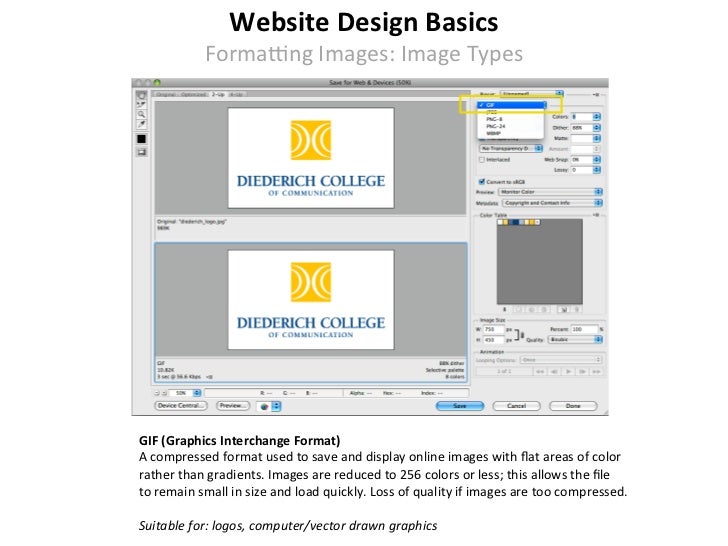Web Design The Basics
For your website to be successful, it has to contain the proper web design. This isnt too hard if youve been designing websites for years and have had the time and experience to perfect your technique, but for everyone else, web design can seem somewhat daunting. Dont worry, though, it doesnt have to be. Just remember that using common sense, and applying your own taste are the best things that you can do for your web design strategy.
For your website to be successful, it has to contain the proper web design. This isnt too hard if youve been designing websites for years and have had the time and experience to perfect your technique, but for everyone else, web design can seem somewhat daunting. Dont worry, though, it doesnt have to be. Just remember that using common sense, and applying your own taste are the best things that you can do for your web design strategy.However, just because you think your site looks good, doesnt mean that your visitors will read it. Nor does it mean that they will come back a second time. Therefore, web design only starts with your own taste, and must also include other techniques that will ensure continued success.
There are five basic things that you need to look at to develop your web design strategy. They are as follows:
1. Your Website Title Every successful website must first have an excellent title. A truly great title needs to be interesting, catchy, and applicable. Bobs Website isnt exactly the most attractive way to make a first impression. The title is, after all, the first words that will catch the visitors eye. If the title doesnt work for your readers, they wont click it on the search engines, and they wont stick around if they arrive at the site. Give yourself time to brainstorm great website title ideas, asking friends and family for inspiration, and using a thesaurus for some dazzling words.
2. Columns The number of columns used within your web design will alter the entire perception of your website. The standard first website will usually have a rather plain layout, consisting of only one column, however, the majority of readers actually prefer two-column pages to allow for written content in one column, and navigation links within the other. This web design is much more attractive, and makes navigation throughout your website much easier. Though the three-column website does have its fans, it is not necessarily any better than the one- or two-column web designs. However, if you have a great deal of complexity to your website and you need additional navigation options, or if you need additional writing space, then the extra column might work well for you.
3. Colors Although it might seem that colors are among the simplest decisions that you need to make for your web design, once you get started, you may find that its more challenging than you first thought. Colors are very important to the overall appearance of your website, and will influence peoples decisions to find out what your site has to offer, and their decision to return. If your website design is bland, it will make people believe that your website is dull. If the colors are too bright and are hard on the eyes, staying at the website will feel unpleasant. If the colors are warm and comforting, making the customer feel at home, they are more likely to feel that they like your site, and will stick around and return more frequently.
4. Navigation When building your web design, dont forget that navigation will be key to allowing visitors to properly benefit from your site. The key is consistency and easy access. Every page on the website should link back to the homepage so that visitors dont get lost among the different pages of the site and finally give up and go elsewhere. Youll also need some sort of index which appears in the same way on every page, so that users will always know where to look when they want to head to the next page of interest.
5. Content When it comes to web design, content is among your most important features. If your content isnt good, nobody will have any reason to visit your site. Among other site-specific pages, your content should include a minimum of a homepage, which tells visitors what your site is about, and why theyd want to visit. An about us page is also advisable, telling visitors who you are and why youve got the website. Use this space to show people that you know your stuff, and they can trust your site for reliable information and resources. When visitors understand you better, theyll feel more comfortable visiting your site.
Most importantly, dont just follow a template, do something new, and keep it fresh. People wont want to keep visiting a site that never changes. They want to see updates, or they wont have any reason to return. The more often you update your site, the longer people will spend visiting your site in order to keep on top of things. Once a week is ideal, but once a month should be your bare minimum. When it comes to web design, you have to be up to date!






0 Response to "Web Design The Basics"
Post a Comment